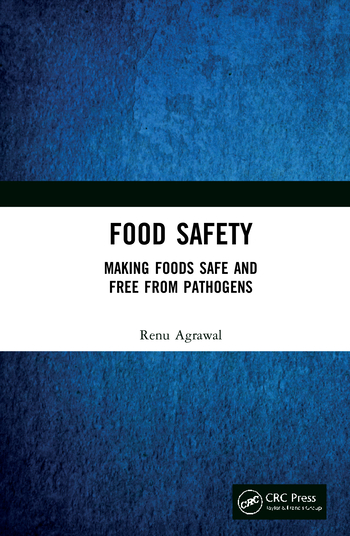Another Food Safety Story: A Process Override

In an EU country, the company received consumer complaints about canned meat products, produced in-house in the same country. Cans were bulging. At that point, there were two possibilities: underprocessing or leaking cans. In either case, there would be microbial contamination and growth. The company decided to issue a public recall immediately and subsequently informed the local authorities. Further, further production was halted, and an investigation into the incident was initiated.
The local authorities were very critical of the recall, demanding to know what exactly was the nature of the microbial contamination. They argued that this situation was not likely a danger to public health and warned the company not to issue any public recalls on their own initiative ever again but to inform them first and wait for instructions.
Later, the company understood that the reason the local authorities were contesting the recall was only because the news of the recall had already reached the central authorities in the capital city, who immediately contacted the local branch with questions they could not answer at the time.
Canned product was supposed to be sterilized in a steam retort, which was preconditioned by blowing steam through it for 7 minutes. The investigation found that factory operators considered this process wasteful in terms of energy and too noisy. They managed to change the computer-controlled process in such a way that preconditioning now only lasted 2 minutes, which they deemed sufficient without any further validation. Subsequent heat mapping of the retort under these conditions showed a highly irregular heat distribution, leading to significant local underprocessing. No problems with can integrity were found.
Discussion and Lessons Learned
- Always, and immediately, recall canned products that are bulging. It may not be clear what the nature of the contamination is exactly, but danger to public health is a realistic possibility and there is no time to try to find out first.
- Coordinate the recall with the local authorities to prevent a situation where local authorities are blindsided and unable to answer questions from their superiors.
- Where food safety-related process parameters are computer controlled, make sure these settings cannot be changed/overridden by operators.
- Explain the process to operators in advance, and when they raise concerns about energy use and noise (or any other aspect), explain the process again and address the concerns as much as possible (improved hearing protection, perhaps?) without jeopardizing food safety.
Stories like these are designed to convey lessons learned in a scientific, technical, operational, ethical, or management setting. As such, the preparation of a book with the working title Food Safety Stories is underway. Its objective is to capture and share the field experience of practitioners in their respective fields with the aim of making the training of professionals more effective.
We thus are soliciting contributions from you, food safety professionals, about unusual or real-life situations experienced or witnessed by you, with a focus on food safety. If you have an experience worth sharing with colleagues or future generations of food professionals that fits this description, we would be happy to receive and review it for possible inclusion in the book. The story can relate to any step of the food chain or any sector from public health, industry, academia, NGOs, or consumers.
Each contribution will be anonymized to the extent possible and needed. The names of the authors and the number of their contributions will only appear in a list at the beginning of the book. The names of the authors will not be linked to individual stories and there will be no mention of brand or company names. Information regarding dates and geography will be broad to avoid recognizable links with companies, brands, or individuals.
For further information about this project and criteria for content, please contact Peter Overbosch, Yasmine Motarjemi, or Huub Lelieveld, editors of Food Safety Stories.
Looking for a reprint of this article?
From high-res PDFs to custom plaques, order your copy today!








